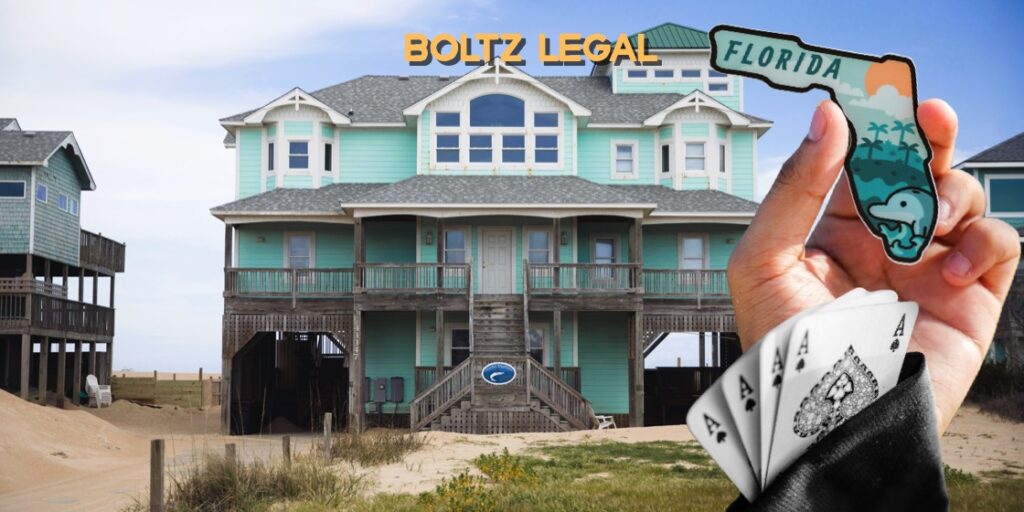Why forcing policyholders into arbitration might give Citizens an unfair advantage—and what that means for home-owners across Florida.
Overview of the Issue
A recent investigative report revealed that Citizens Property Insurance Corporation has won over 90% of claim disputes when those cases are forced into arbitration via the Division of Administrative Hearings (DOAH).
In contrast, in traditional courts, Citizens’ win rate is closer to 55%. (WJXT)
That discrepancy has triggered rising concern that the system is stacked against Neighbors—homeowners who rely on Citizens because they can’t get coverage in the private market.
Florida policymakers passed a law in 2023 redirecting Citizens policyholder disputes to DOAH, removing their right to jury trials or full judicial scrutiny.
At least one Florida judge has already issued an injunction pausing the practice statewide, citing evidence that the DOAH process could be constitutionally suspect.
Why the Forced Arbitration Loop Benefits Citizens
The disparity in win rates isn’t just a statistical oddity—it reflects structural advantages that favor the insurer:
- Limited discovery & evidence rules. DOAH procedures often restrict the scope of evidence, unlike court proceedings.
- No jury right. Policyholders surrender the right to have their peers weigh in, which is a big loss in emotionally or technically complex cases.
- Judges funded by the system. Because DOAH is controlled or funded by the state system that includes Citizens, critics argue there’s inherent bias.
- Settlement pressure. Facing a process where the odds seem hopeless, many homeowners settle early for minimal amounts just to avoid losing entirely.
These features combine to tilt the process in Citizens’ favor—even when a homeowner might have had a stronger case under traditional rules.
What Does the Data Say?
- Over 1,500 disputes have been routed to DOAH since the change took effect.
- In DOAH, Citizens wins more than 90% of final decisions.
- In court, citizens have a more balanced record—about a 55% win rate.
- Many DOAH cases settle before final hearing; when they do, pay-out amounts tend to be modest. (Newsweek)
- Half of all settlements under DOAH are for $500 or less.
In short: The numbers show not just a system working, but one heavily weighted toward Citizens when a dispute is forced into arbitration.
Legal & Constitutional Questions
The forced arbitration scheme raises serious due process and fairness issues:
- Right to a jury trial. Many argue that removing access to juries violates constitutional protections for civil disputes.
- Structural bias. A judge system funded or controlled by the same entity influencing outcomes raises conflict concerns.
- Lack of oversight. DOAH decisions are more difficult to challenge or appeal, reducing checks on unfair rulings.
- Access to courts. For many homeowners, DOAH is the only option left—but it may not truly be neutral.
The injunction issued by a Hillsborough County judge suggests these issues are just beginning to face judicial eyes,
What This Means for Florida Homeowners
If you’re a Citizens policyholder and your claim is disputed, here are key takeaways:
- You may be forced into arbitration even if your private-policy neighbors can go to court.
- What looks like a legal claim can vanish under procedural rules tilted toward the insurer.
- Settlements are often low, not because your damages were small, but because the process is heavily one-sided.
- You need legal counsel who understands the DOAH environment—not just insurance law.
Boltz Legal’s Perspective & Advice
At Boltz Legal, our focus is representing property owners who are caught in these kinds of systemic disadvantages. Here’s how we approach it:
- Challenge the arbitration choice. Where possible, file claims before the forced arbitration mechanism is triggered.
- Prepare for limited discovery. Build your evidence early, because you may not get wide access in DOAH.
- Push for appeals / injunctions. When courts are open to the legal question, we demand scrutiny of DOAH’s fairness.
- Advocate legislative reform. The system shouldn’t be rigged by statute.
Relevant Internal Reading from Boltz Legal
- Florida’s DOAH Arbitration Disaster: How Citizens Is Stripping Policyholders of Their Rights
- Florida’s Insurance Crisis: Hidden Profits Amid Rising Premiums
- Common Reasons for Home Insurance Disputes
- Ways Insurance Companies Try to Avoid Paying
- What Happens When Filing a Homeowners Insurance Claim
Today’s Insight
“Justice will not be served until those who are unaffected are as outraged as those who are.”

